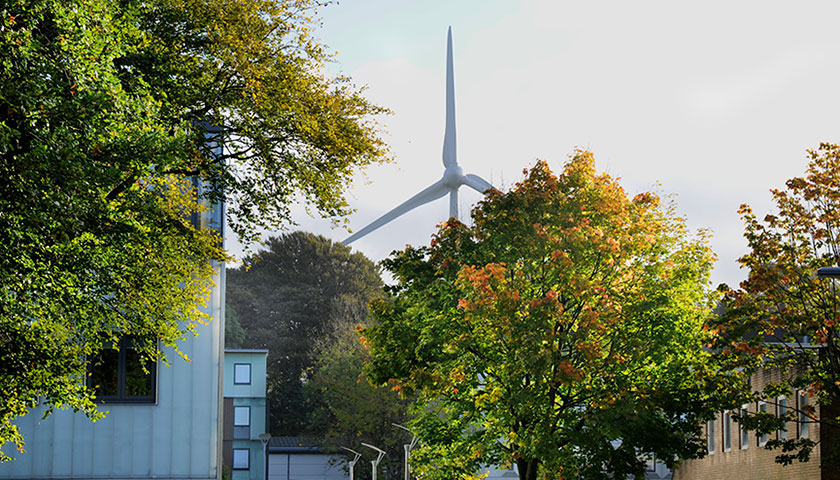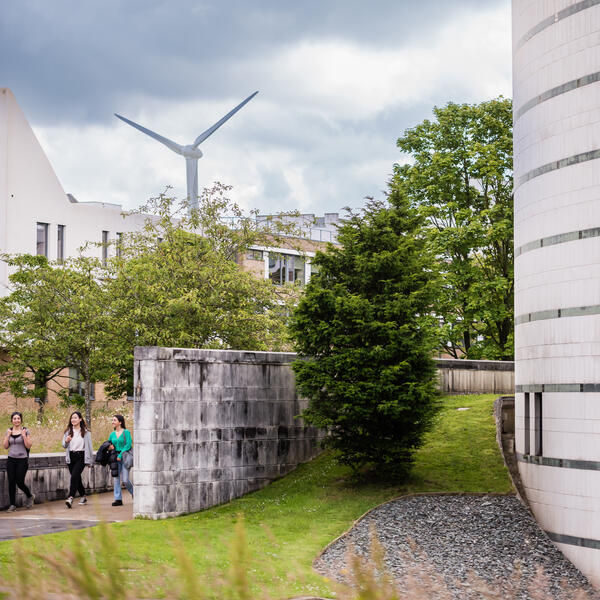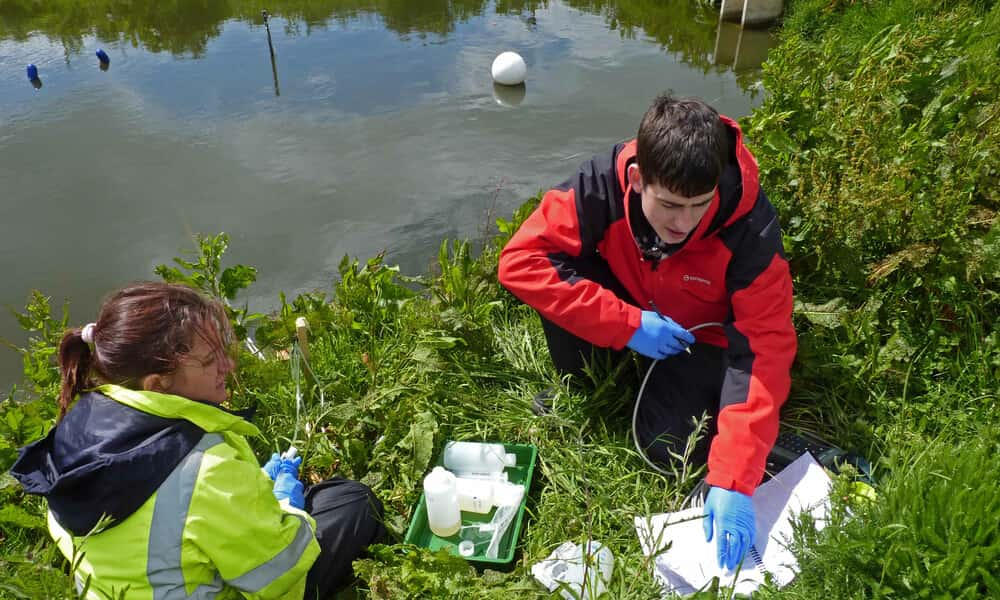
Goal 7 - Clean and Affordable Energy
Ensure access to affordable, reliable and sustainable energy

Research
Lancaster University researchers are to work with members of the public and policymakers to understand how the UK can reduce its demand for energy, as part of a new £15 million ‘Energy Demand Research Centre’ funded by the Engineering and Physical Sciences Research Council (EPSRC) and the Economic and Social Research Council (ESRC), part of UK Research and Innovation (UKRI).
Researchers in the School of Engineering are part of a project to look at developing autonomous power and energy systems modelled on the self-organisation of living systems. The research will support the autonomous operation of modern power grid systems to achieve self-maintenance, self-healing, and self-reconfiguration capabilities.
Researchers from Lancaster have been working on a project that looks at the potential of floating solar photovoltaic panels on lakes to provide electricity globally. Their research found that the solar panels could supply all the electricity needs of some countries such as Papua New Guinea, Ethiopia and Rwanda.

Teaching
Green energy
Our degree options run through The Lancaster Environment Centre, focus on teaching about global challenges such as climate change, sustainable development, resource provision, and natural hazards. For example, our Environmental Science degree has a module on Energy and the Environment, that focuses on each of the key energy technologies, learning how to detail its importance, its forms and uses and its cost and environmental impact, whilst looking at future solutions to sustainable energy demands.

Campus life
Wind turbine
The wind turbine on our campus has generated between 4,000,000 and 5,000,000 kWh of electricity. Catering for around 14% of the University's electricity consumption each year, the wind turbine has produced enough electricity to power over 1200 homes for a year.
Net zero project
Already one of the highest producers of renewable energy out of all UK universities, Lancaster University is investing a further £57 million to decarbonise the Bailrigg campus. There are two projects – a solar PV farm and a low carbon energy centre, that will take the University significantly closer towards achieving ‘net zero’ carbon emissions from electricity and heating by 2030.

Public Engagement
Inspiring the next generation
The wind turbine is a popular place for school visits to help inspire the next generation. Recently, a group of local primary school children from Dent in Cumbria, visited the wind turbine to help teach them about renewable energy and how it helps the planet. The University also runs frequent visits for staff and students throughout the year.

